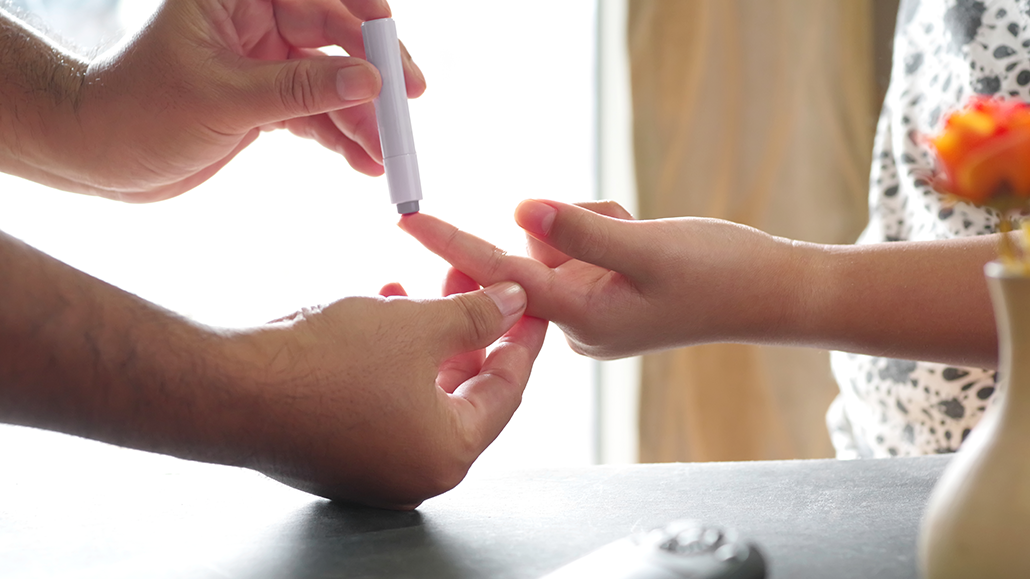Sunlight is more than just a natural mood-lifter; it’s a vital component of human health. Daily exposure to sunlight offers a range of physical, mental, and emotional benefits that can enhance overall well-being. From boosting vitamin D production to improving sleep and mood, the sun’s rays play a critical role in keeping us healthy. Below, we explore the science-backed reasons why soaking up some sunlight each day is essential for optimal health.
1. Boosts Vitamin D Production
One of the most well-known benefits of sunlight is its role in helping the body produce vitamin D. When ultraviolet B (UVB) rays from the sun hit the skin, they trigger the synthesis of vitamin D, a nutrient essential for bone health, immune function, and overall wellness. Vitamin D helps the body absorb calcium, promoting strong bones and preventing conditions like osteoporosis. It also supports the immune system, reducing the risk of infections and chronic diseases such as heart disease and certain cancers.
Studies suggest that just 10-30 minutes of midday sun exposure several times a week can provide sufficient vitamin D for most people, depending on skin type, location, and season. Low vitamin D levels, common in those with limited sun exposure, are linked to fatigue, weakened immunity, and increased risk of depression. Regular sunlight exposure is a natural and effective way to maintain healthy vitamin D levels.
2. Improves Mood and Mental Health
Sunlight has a profound impact on mental health. Exposure to natural light increases the brain’s production of serotonin, a neurotransmitter associated with feelings of happiness and well-being. This is why a sunny day often feels uplifting. Conversely, lack of sunlight, as seen in seasonal affective disorder (SAD), can lead to low mood, lethargy, and depression.
Daily sunlight exposure can help regulate mood and reduce symptoms of anxiety and depression. Even a short walk outside during the day can make a significant difference. Sunlight also helps reset the body’s circadian rhythm, which can further stabilize mood by improving sleep quality—a key factor in mental health.
3. Enhances Sleep Quality
Speaking of sleep, sunlight plays a crucial role in regulating the body’s internal clock, or circadian rhythm. Exposure to natural light during the day, particularly in the morning, signals to the brain that it’s time to be awake and alert. This helps suppress the production of melatonin, the hormone that promotes sleep, during the day. At night, when sunlight fades, melatonin levels rise, making it easier to fall asleep and stay asleep.
Research shows that people who get regular daylight exposure tend to have better sleep quality and duration. Poor sleep is linked to a host of health issues, including obesity, diabetes, and cardiovascular disease, so sunlight’s role in promoting restful sleep has far-reaching benefits.
4. Supports Immune Function
Sunlight doesn’t just help produce vitamin D—it also directly supports the immune system. UVB rays have been shown to stimulate the production of antimicrobial peptides in the skin, which help fight off infections. Additionally, vitamin D itself is a key player in immune regulation, enhancing the body’s ability to combat pathogens and reducing inflammation.
Emerging research also suggests that sunlight may influence the activity of T-cells, a type of white blood cell critical for immune responses. By getting daily sunlight, you’re giving your immune system a natural boost to ward off illnesses.
5. Promotes Heart Health
Sunlight exposure may also benefit cardiovascular health. Nitric oxide, a compound released in the skin upon exposure to sunlight, helps dilate blood vessels, improving blood flow and reducing blood pressure. Lower blood pressure reduces strain on the heart and decreases the risk of heart disease and stroke.
Furthermore, vitamin D produced from sunlight exposure is associated with a lower risk of cardiovascular issues. Studies have found that individuals with adequate vitamin D levels are less likely to develop heart-related conditions, making sunlight a heart-healthy habit.
6. Increases Energy and Productivity
Ever notice how a sunny day makes you feel more energized? Sunlight exposure increases alertness and cognitive function by stimulating the brain and reducing fatigue. This can lead to improved focus, productivity, and creativity. For those who work indoors, taking a break to step outside into the sunlight can provide a quick energy boost and enhance mental clarity.
7. Supports Skin Health (in Moderation)
While excessive sun exposure can harm the skin, moderate amounts can benefit certain skin conditions. UVB light is used in phototherapy to treat conditions like psoriasis, eczema, and vitiligo. Sunlight’s anti-inflammatory properties and its role in vitamin D production can also contribute to healthier skin when exposure is balanced with proper protection.
How to Safely Enjoy Sunlight
To reap the benefits of sunlight while minimizing risks like skin damage or UV-related cancers, follow these guidelines:
- Time it right: Aim for 10-30 minutes of sun exposure, ideally in the morning or late afternoon when UV rays are less intense.
- Know your skin type: Fair-skinned individuals need less exposure than those with darker skin to produce adequate vitamin D.
- Protect yourself: Use sunscreen, wear protective clothing, and avoid prolonged exposure during peak UV hours (10 a.m. to 4 p.m.) to prevent burns or long-term skin damage.
- Consider your location: People living farther from the equator may need more exposure or vitamin D supplements, especially in winter.
Conclusion
Daily exposure to sunlight is a simple, natural way to enhance your physical and mental health. From boosting vitamin D and supporting immunity to improving mood, sleep, and heart health, the benefits of sunlight are undeniable. By incorporating safe, moderate sun exposure into your routine—whether through a morning walk, a lunch break outside, or a moment soaking up the rays—you can harness the power of the sun to live a healthier, happier life. So, step outside and let the sunshine in!













